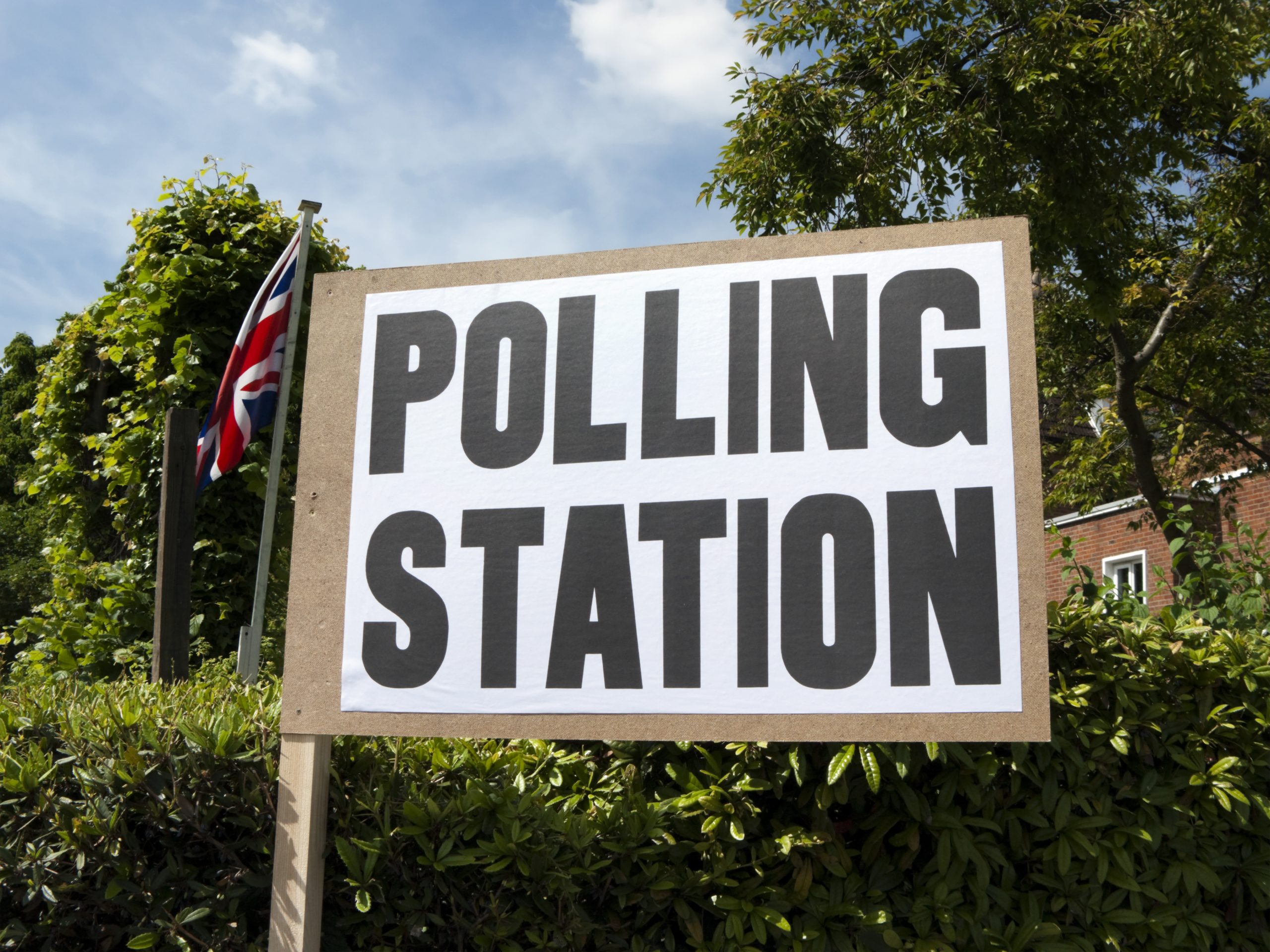Looking left and right – How the Social Democrats are preparing for this year’s elections
After a grueling months-long process of workshops, debates on regional levels, and preparation taking place largely without public attention, Germany’s Social Democrats (SPD) have published a first official draft of their federal election program. While it still needs to be adopted during the party conference in May, no major amendments are expected. Thus, with nearly six months to go until the federal elections on 26 September, the SPD now is the first and only party that has both, a candidate for the Chancellery and an election program. However, while the candidate for chancellor, Olaf Scholz, was dismissed by observers from the left as too conservative, the now published program is widely considered as a stark left turn. So, where is the SPD heading during this tumultuous year – Merkel leaving office, a pandemic ongoing, and the climate crisis looming in the background along with a seemingly unbeatable Green party?
Reconciling with lost demographics
Indeed, the contents of the election program promise a departure from the moderate-centrist and pragmatist orientation of past programs. Under the motto of “Future. Respect. Europe.”, the party formulates four overarching missions: “combating climate change”, “modernizing mobility”, “digital sovereignty”, and “reforming health care”. Nevertheless, the program’s cornerstones are: redistribution through an expansion of social services and increased taxes on top-earners and wealth, as well as establishing a strong government to combat COVID-19 and climate change, to promote innovation, and to tackle inequality. Especially some proposals, such as the reform of unemployment benefits (Hartz IV), can only be understood as a clear break with some of the Social Democrats’ past policies that have alienated left-leaning voters – which by many has been considered the fuel to the SPD’s rapid decline in popularity over the past 15 years. The party has thus once again pivoted to the left.
Strategically, this turn can be understood as an attempt to win back voters that the SPD has lost particularly to other parties on the left of the political spectrum. Specifically, the Greens have become a major competitor for the Social Democrats: They have long overtaken the SPD in polls, have replaced the Social Democrats in regional governments, and are now poised to be part of the next government (see our last Update). Thus, offering voters a program that highlights the importance of climate change and governmental investment into green infrastructure and clean energy, while also refocusing on traditional social democratic ideals of equality, is a clear invitation to an exchange of blows with the Green party. Needless to say, this strategy aims at maximizing the SPD’S share of votes within the left block.
Fighting for Merkel’s inheritance
However, the program certainly is not a green-left revolution or a mere preparation of a coalition with the Greens and the far-left party “The Left”. In fact, firstly, the program is also a document of compromises. If implemented, sanctions for recipients of welfare will only partly be abolished, climate neutrality will be reached no sooner than 2050, and a wealth tax will be introduced only on “very high assets”. More importantly, however, chancellor candidate Olaf Scholz is the personification of the moderate Social Democrat. He has decades of government experience and currently is the Vice Chancellor and the Federal Minister of Finance in the Merkel administration. In the past, he supported austerity measures, a reform of the welfare state, and budgetary balance. Even further, he is often portrayed as a Merkel-like figure looking for moderation and steadiness in times of crisis. Perhaps precisely due to the latter, he is currently the most popular Social Democrat in Germany.
At the very same day the party released its draft program and in his function chancellor candidate, Olaf Scholz published an extensive article to explain his vision for Germany in the prominent conservative national daily “Frankfurter Allgemeine Zeitung”. In his article, he advocates for compromise on issues such as green mobility and economic transformations, explicitly attacking established positions of the Greens and claiming they are forgetting about the working class – the SPD’s traditional voter base – as well as rural populations. Furthermore, while he does outline some of the program’s proposals, the ones he does not mention are perhaps more revealing of his position: Scholz neither mentions the “wealth tax”, the tax increase for very high incomes, nor the expansion of social services. Scholz deliberately omits those policies in an attempt to not alienate voters who have supported Merkel in the past elections and may now be unhappy with the prospective conservative candidates for the Chancellery. Thus, this demographic might consider voting for the Social Democrats and for Scholz, the candidate perceived as most similar to Merkel in his style of governing.
Hence, Scholz’ strategy likely attempts to tap into the substantial share of the current supporters of the Conservatives that do not want to vote for the party without Merkel at the helm. Likely, the SPD has realized that forming a government without the Conservatives will only be possible if they do not compete for the same voter groups as the Greens, but instead win over some of the centrists to strengthen the left-leaning party’s share in parliament overall.
A dual-track strategy for the win
Thus, with the SPD’s left-leaning party leadership releasing its party program and the more conservative candidate for Chancellorship presenting his pragmatic visions at the very same day, the party appears to aim for a dual strategy: competing with the Greens for former Social Democrats and competing with the Conservatives for former Merkel voters. The forthcoming state elections in mid-March (Baden-Wuerttemberg and Rhineland-Palatinate) will be seen as a first indicator on the possible success of the program and the candidate. Later, at the end of March, the party leaders and, at the beginning of May, the party delegates will need to vote on both. Whether the SPD is confident in its dual-track strategy of a left program and a centrist candidate will be seen in those votes. At best, the party has found the confidence to take it up with both, the Greens and the Conservatives. At worst, the SPD still has not decided on what voter demographic it wants to win back – which may be yet another symptom of the internal instability that has riddled the party over the past decades.
“The views expressed herein are those of the author(s) and not necessarily the views of FTI Consulting, Inc., its management, its subsidiaries, its affiliates, or its other professionals”






